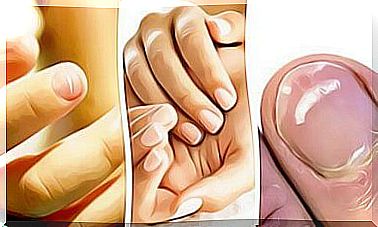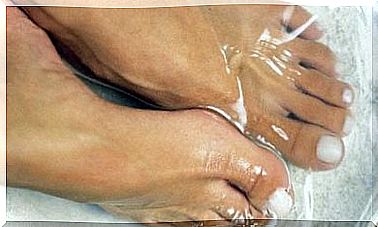Insomnia – Did You Know There Are Different Types?
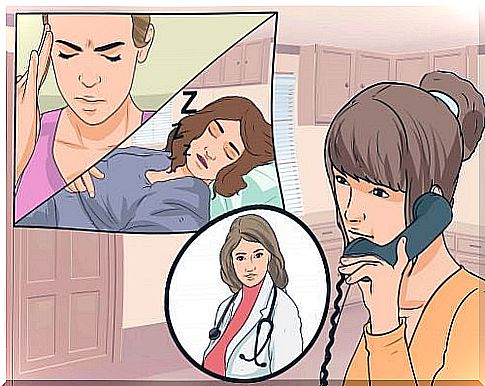
Insomnia, i.e. difficulty falling asleep or staying asleep, is a very common problem these days.
Insomnia has different varieties, depending primarily on its cause, duration, or the consequences it brings. Read on to find out what forms insomnia can take.
What is insomnia?
Not every type of sleep disorder should be considered insomnia straightaway. If you cannot sleep one night because you are excited about an event (for example, a trip, a wedding, a move, etc.), then you have nothing to worry about.
The problem comes when you regularly have trouble falling asleep and staying asleep.
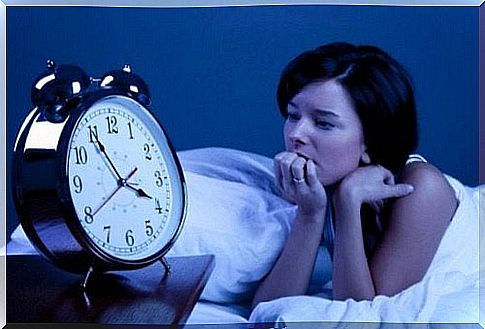
Insomnia affects a large part of modern society. It may manifest itself as falling asleep only in the morning or suddenly waking up and not being able to fall back to sleep.
Insomnia can be classified according to the length of time it lasts:
- medium intensity, if it lasts up to a month,
- serious, if its duration is from 4 to 6 months,
- chronic, if it exceeds 6 months.
It can have many causes, including emotional disorders, stress attacks, depression, and anxiety.
But that’s not all. Other factors can also cause insomnia, such as:
- bad conditions in the place of sleep,
- irregular sleep habits,
- eating heavy and heavy dinners,
- consumption of substances and stimulants that affect the nervous system (coffee, alcohol, drugs, etc.).
Can insomnia be controlled?
We can prevent insomnia and try to prevent it from becoming a chronic disorder. In this case, healthy habits are very important, such as:
- not reaching for stimulants in the evening hours,
- preparing light dinners,
- physical activity, but only until more or less until sunset, so as not to accelerate the heart rate for the night,
- taking care of the conditions in the bedroom, using colors, light and noise reduction,
- strict attention to sleep habits, paying particular attention to the hours of going to bed and waking up,
- taking a relaxing bath or shower before going to bed,
- avoiding watching TV and using electronic devices in bed,
- refraining from long naps during the day.
Rest and sleep are very important for the well-being of the body as they regenerate it and help it rebuild itself. Moreover, sleep influences thermal regulation and prepares the body for the challenges of the next day.
For this reason, insomnia can have very serious health consequences. These include, for example:
- difficulties with remembering and impaired concentration,
- tiredness, exhaustion and feeling sleepy all the time
- road accidents and incidents at the workplace,
- irritability, depression and bad mood,
- confusion and feeling lost.
What are the types of insomnia?
Insomnia can be divided into three categories, depending on its duration, the severity of the problem and the hours in which it occurs.
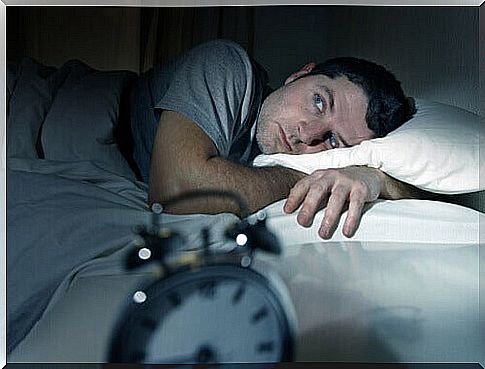
Temporary or moderate insomnia
It is a disorder that lasts up to 4 weeks. It can be caused by changes in the circadian rhythm such as working hours or geographic location (known as “jet lag” – feeling lost in a time zone after a long journey).
Moreover, this type of insomnia can be caused by stress, illness, personal problems, or the abuse of caffeine and alcoholic beverages.
Short-term or severe insomnia
It takes 4 to 6 weeks. It very often affects people who have suffered in some accident, traumatic event or have experienced the loss of a loved one. It is often an effect of post-traumatic stress.
Long-term or chronic insomnia
It lasts more than 3 months and may not progress until the person with it heals the problem. In most cases, the cause is either a physical or mental illness.
Mild or mild insomnia
It is the most common sleep disorder. It usually does not cause serious problems in terms of quality of life and physical health.
We just wake up tired or we have less strength and willingness to work. However, this has no negative impact on physical health.

Moderate intensity insomnia
If you experience sleep problems more and more often, you will feel the negative effects of insomnia much more clearly. Your tasks will become harder and harder every day as you will experience chronic fatigue, irritability, anxiety and anxiety. Your performance at work or school may also decline.
Mood swings and memory problems are becoming commonplace.
Acute insomnia
With this insomnia, sleep disturbances are much more intense and recur with high intensity. This greatly reduces the quality of life of the affected person.
It becomes impossible to perform normal, everyday activities and fulfill professional or school duties. Usually, the person with this insomnia does not even have enough energy to get out of bed.
Worse, the mood swings become more and more violent. Over time, this can lead to some substances being used to “fix” this serious situation.
Problems with falling asleep
Such insomnia occurs immediately after lying down. It is characterized by difficulties falling asleep – sometimes it is difficult to fall asleep until morning. Affected people cannot find effective ways to fall asleep (counting sheep, reading, meditating, listening to relaxing music, etc.).
Often times, this type of insomnia is triggered by anxiety or personal problems and the brain is unable to get enough rest.
Insomnia that occurs in the middle of the sleep cycle
In this case, the problem occurs in the morning. Although a person falls asleep when going to bed, he wakes up after a few hours and is unable to go back to sleep. Sometimes the awakening occurs several times a night.

Insomnia at the end of sleep
This type of insomnia is also known as morning insomnia. In this situation, the person wakes up before the scheduled wake-up time, even before the alarm goes off.
One of the reasons for this may be the lack of darkening of the bedroom. Daylight has a stimulating effect on some people. Another reason is the anxiety caused by some important event that awaits us on that day.
Title image courtesy of © wikiHow.com


